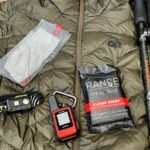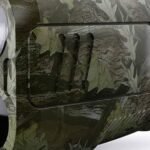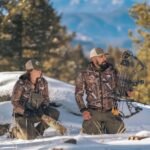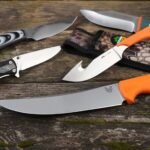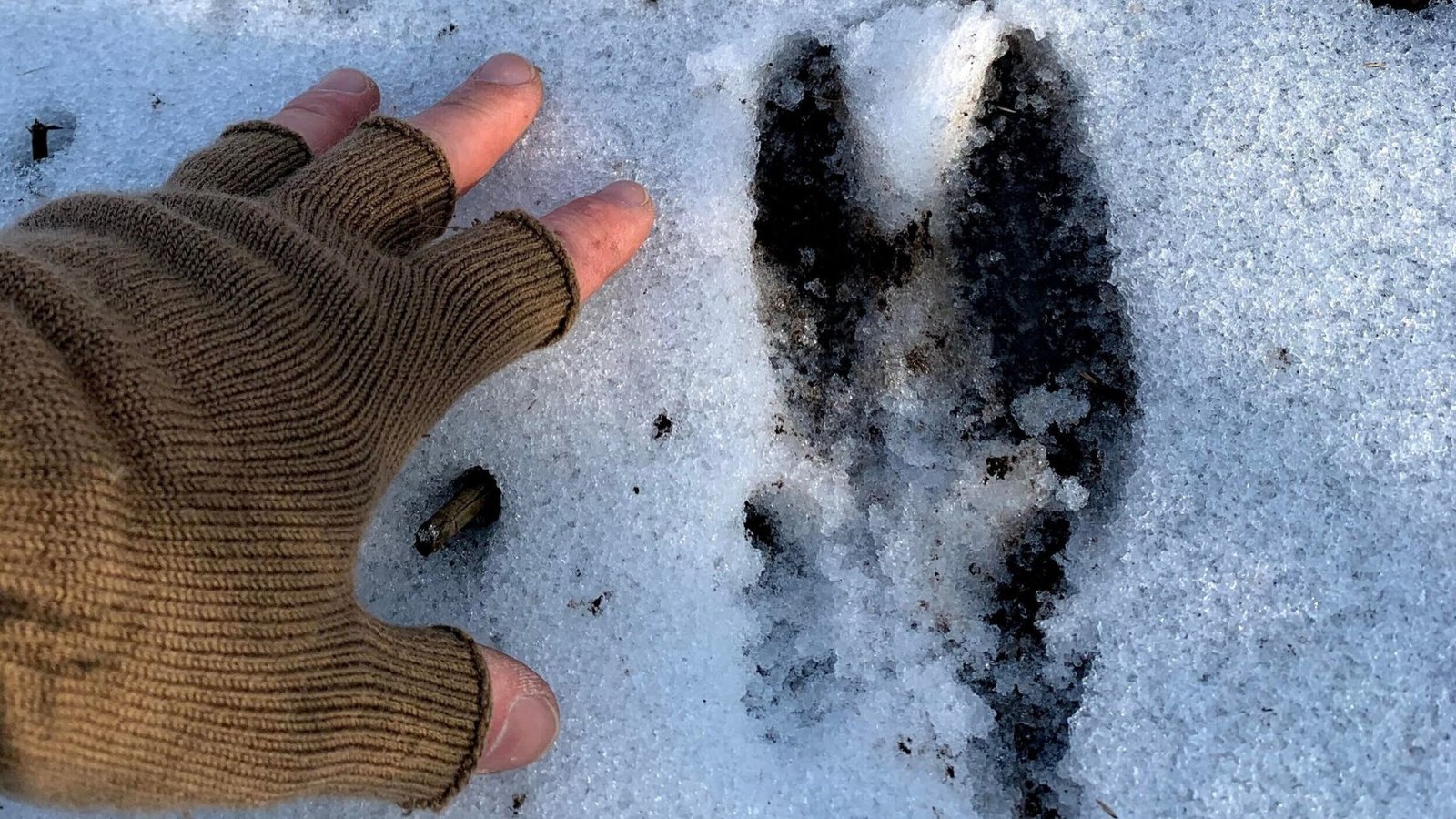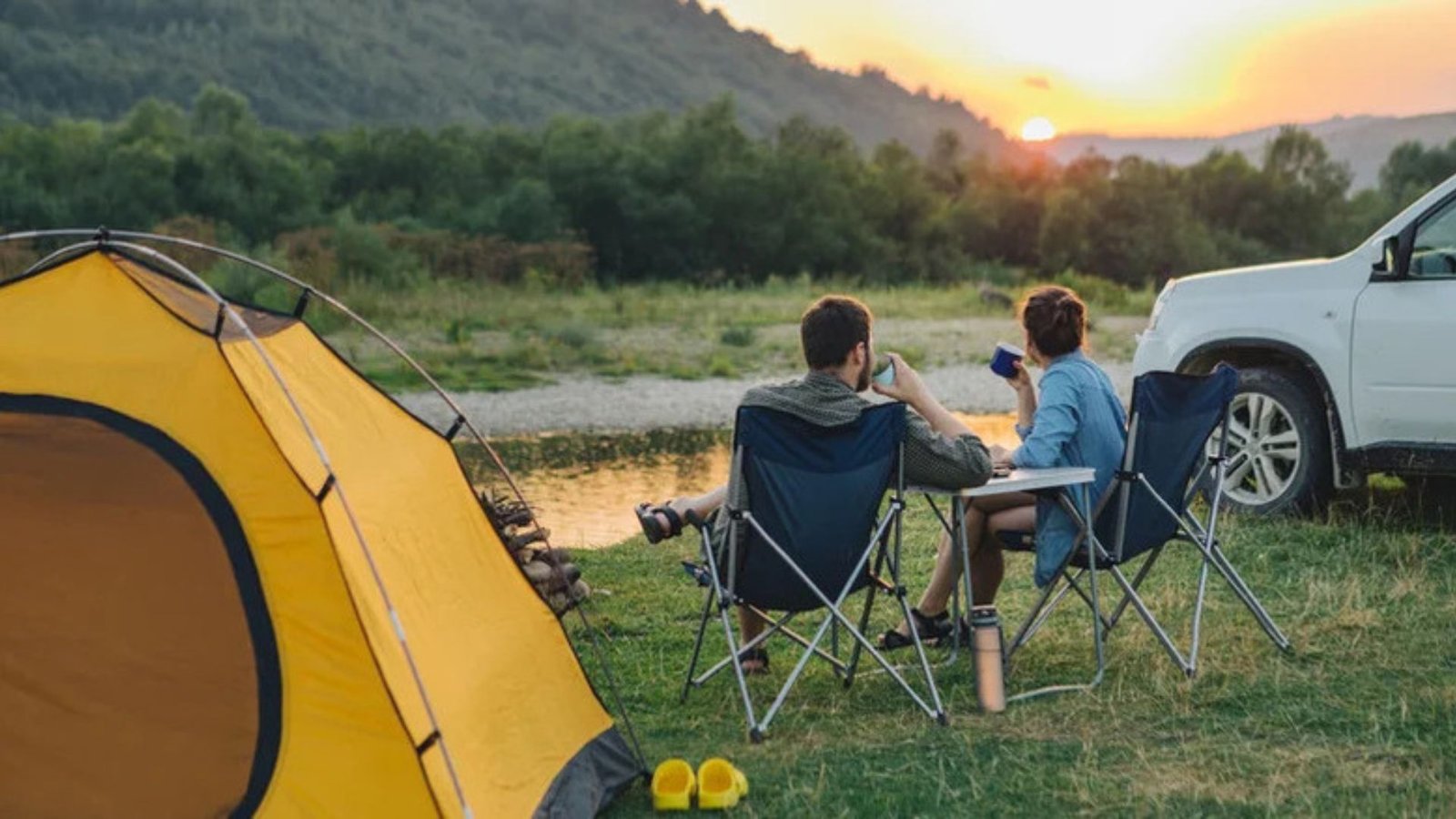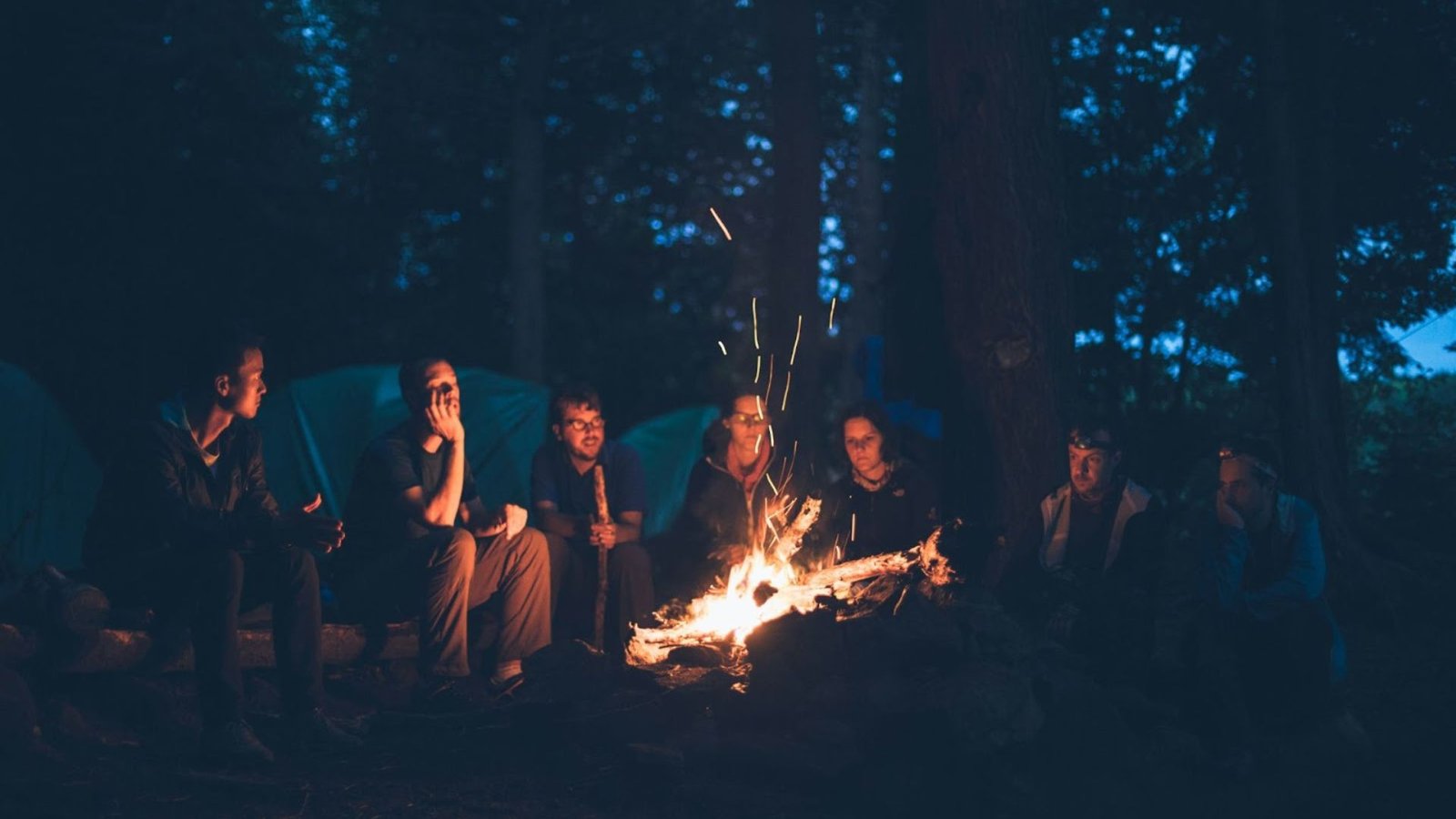Preparing for a hunting camp is key to having a successful and enjoyable trip. Whether you’re a seasoned hunter or a beginner, being fully prepared can make all the difference. From gathering the right gear to understanding the environment, every detail matters when setting up your camp and getting ready for the hunt. Here’s a step-by-step guide on how to prepare for hunting camp.

1. Plan Your Hunting Trip
The first step in preparing for hunting camp is planning. Without a solid plan, you might run into unexpected problems, especially in the wilderness.
- Location: Choose a hunting area that suits the type of game you’re hunting and is accessible during your planned trip. Research the terrain and the wildlife that live there.
- Permits and Regulations: Ensure that you have the necessary permits for hunting in the area. Check local hunting regulations regarding seasons, hunting methods, and wildlife protection laws.
- Weather Conditions: Keep an eye on the weather forecast, as weather can greatly affect your trip. Prepare for the possibility of rain, snow, or sudden temperature changes.
- Group or Solo: Decide whether you’re hunting solo or with a group. This will help you prepare the right gear and establish communication plans.
2. Gather the Right Gear
The gear you bring can determine the success of your trip, especially when it comes to survival and comfort. Here’s what you’ll need for hunting camp:
- Hunting Equipment:
- Firearms or Bows: Depending on your hunting method, ensure your weapon is in good condition. Double-check the sights, and bring extra ammunition or arrows.
- Hunting Knife: A sharp, reliable hunting knife is essential for field dressing and other camp tasks.
- Binoculars: For spotting games from a distance, binoculars can give you a significant advantage.
- Camouflage Clothing: Wear clothing suited for the environment, preferably in camouflage to blend into the natural surroundings.
- Shelter:
- Tent or Tarp: A sturdy tent will protect you from rain, wind, and cold. Alternatively, a tarp can be used as a lightweight shelter if the weather permits.
- Sleeping Bag and Pad: Choose a sleeping bag suitable for the season and a sleeping pad for insulation against the cold ground.
- Cooking Equipment:
- Camp Stove or Firestarter: For cooking meals and boiling water. Don’t forget extra fuel.
- Cookware and Utensils: Lightweight pots, pans, and utensils that are easy to clean and store.
- Cooler or Food Storage: Keep food safe and cool with an insulated cooler, especially for longer trips.
- Clothing: Layering is key in any hunting environment. Be sure to bring:
- Base Layer: Moisture-wicking materials to keep sweat away from your skin.
- Insulating Layer: Fleece, wool, or down to retain body heat.
- Outer Layer: Waterproof and windproof to protect against rain, snow, and wind.
- Accessories: Gloves, socks, hats, and scarves for warmth.
- First Aid Kit: Always pack a well-stocked first aid kit, including bandages, antiseptics, and pain relievers.
- Navigation Tools: Bring a map, compass, or GPS device to help you navigate the area, especially if it’s unfamiliar.
3. Prepare for Safety
Safety should always be your top priority when preparing for hunting camp. The wilderness can be unpredictable, so it’s crucial to be prepared for any situation.
- Know Your Limits: Assess your physical condition and be realistic about the challenges of the environment. Cold weather, steep terrain, and long hikes can be demanding.
- Emergency Plan: Share your trip details with a friend or family member. Let them know where you’ll be and when you plan to return. Carry a satellite phone or emergency beacon for safety in remote areas.
- Wildlife Safety: Understand the wildlife you might encounter in the area. Learn how to avoid dangerous animals, such as bears, wolves, or mountain lions. Carry bear spray if necessary and keep a safe distance from all wildlife.
- Fire Safety: If using a campfire, ensure that it’s safely contained in a fire pit, and always have water nearby to put it out. Never leave a fire unattended.
4. Pack Efficiently
Packing efficiently can save you space and prevent unnecessary weight, which is especially important for hunting trips where every ounce counts.
- Organize Your Gear: Use backpacks and dry bags to keep your gear organized. A backpack with multiple compartments can help keep everything in place and easy to access.
- Food and Water: Pack enough food for the duration of your trip. High-calorie, lightweight food like jerky, nuts, and energy bars are great options. Don’t forget water – either bring enough or have a way to purify water from a nearby stream or lake.
- Clothing Storage: Keep extra clothing in waterproof bags to ensure it stays dry in case of rain or snow.
- Leave No Trace: Be mindful of the environment. Pack out all trash and avoid leaving anything behind. Follow “Leave No Trace” principles to minimize your impact on nature.
5. Prepare Mentally and Physically
Before heading out to your hunting camp, take some time to prepare yourself mentally and physically. Hunting in the wilderness can be challenging, and it’s important to be ready for anything.
- Mental Preparation: Be prepared for changes in the weather, unexpected delays, or difficult conditions. Stay patient and focused on your goal.
- Physical Fitness: Hunting often involves hiking long distances and carrying gear. Make sure you’re physically prepared by staying active and getting in shape before the trip. Focus on strength, endurance, and flexibility to handle the demands of the wilderness.
6. Set Up Your Camp Properly
Once you arrive at your hunting location, setting up camp is the next crucial step. Here’s how to do it effectively:
- Choose a Good Campsite: Look for a flat area with good shelter from the wind. Avoid setting up camp near water sources, which can attract wildlife.
- Set Up Shelter: Pitch your tent or tarp securely, ensuring it’s anchored well to withstand wind and rain.
- Organize Your Gear: Arrange your gear in a way that’s easy to access. Keep your food stored away from your sleeping area to avoid attracting animals.
7. Stay Organized During the Hunt
Once your camp is set up, stay organized to ensure the best chance of success on your hunt.
- Track Your Progress: Keep a journal or log of where you’ve hunted, the game you’ve spotted, and any patterns you notice. This can help you adjust your strategy.
- Maintain Quiet and Stealth: When hunting, it’s important to stay as quiet as possible to avoid scaring away animals. Move slowly and avoid loud noises.
- Know Your Boundaries: Always stay within your hunting area and respect property boundaries.
Conclusion
Preparing for hunting camp involves careful planning, gathering the right gear, ensuring safety, and getting mentally and physically ready for the challenges of the wilderness. By following these steps, you can set yourself up for a successful and enjoyable hunting trip. The key is to be organized, stay prepared, and always prioritize safety. With the right mindset and gear, your hunting adventure will be an experience to remember!



